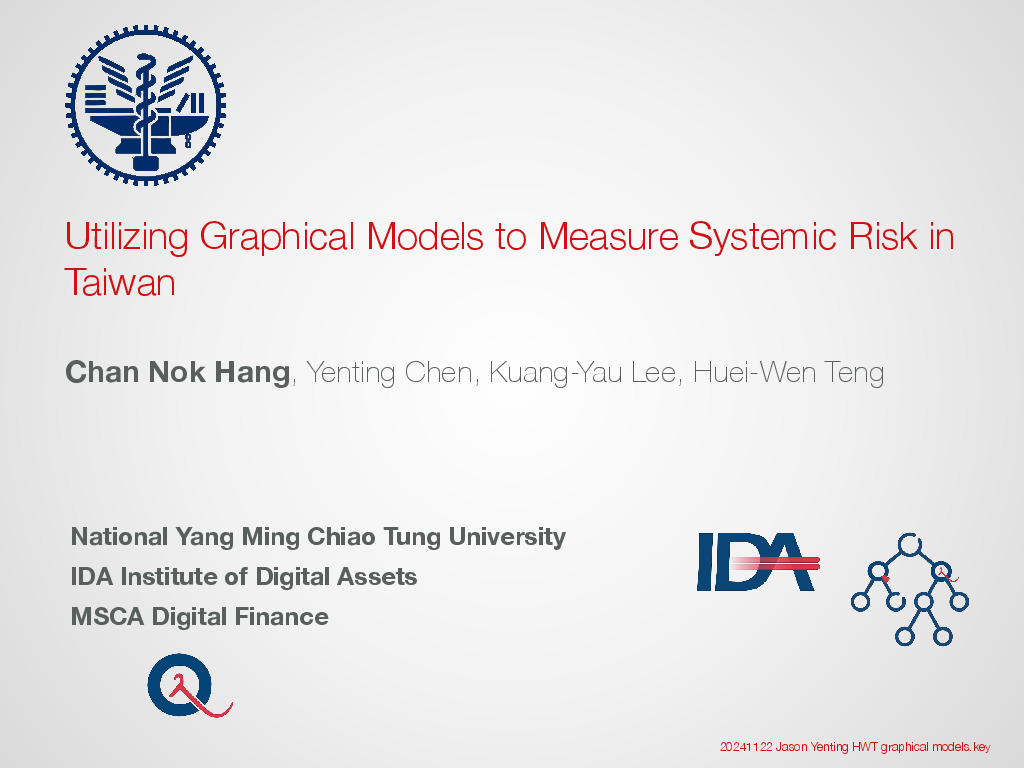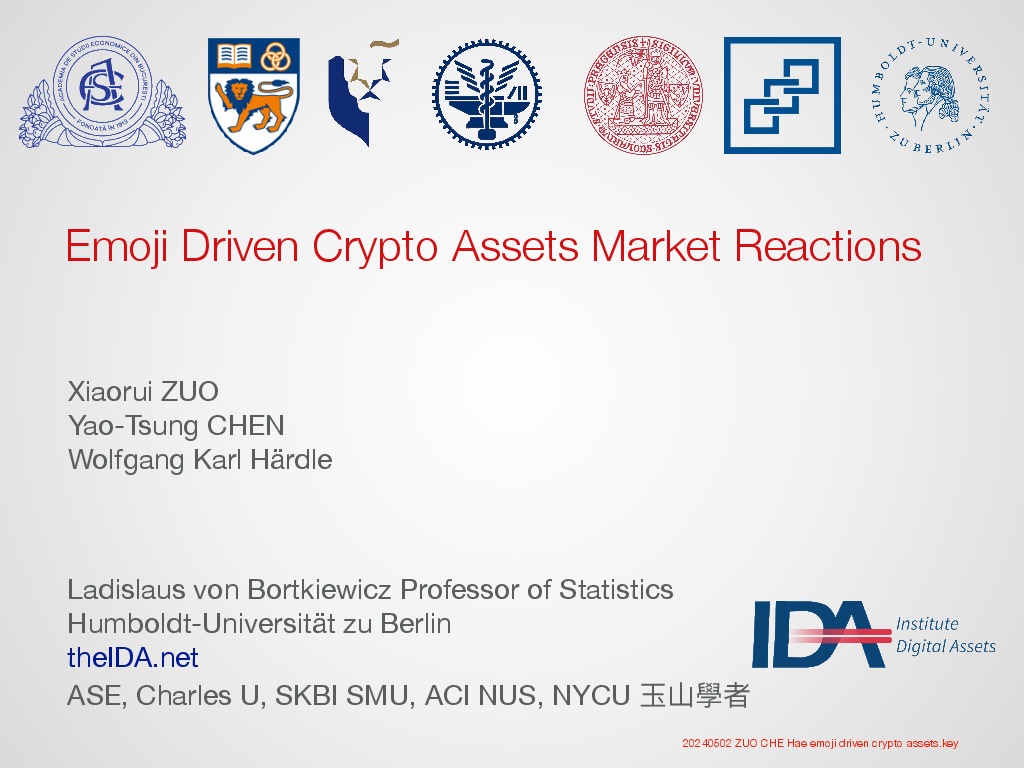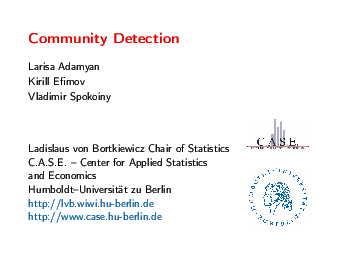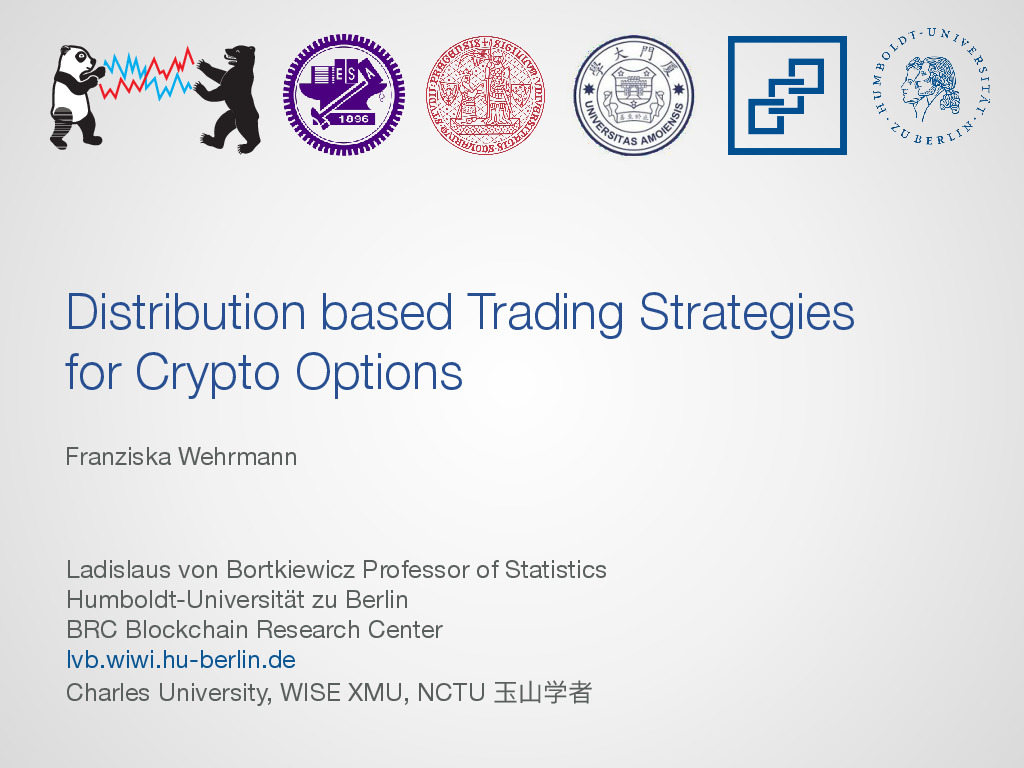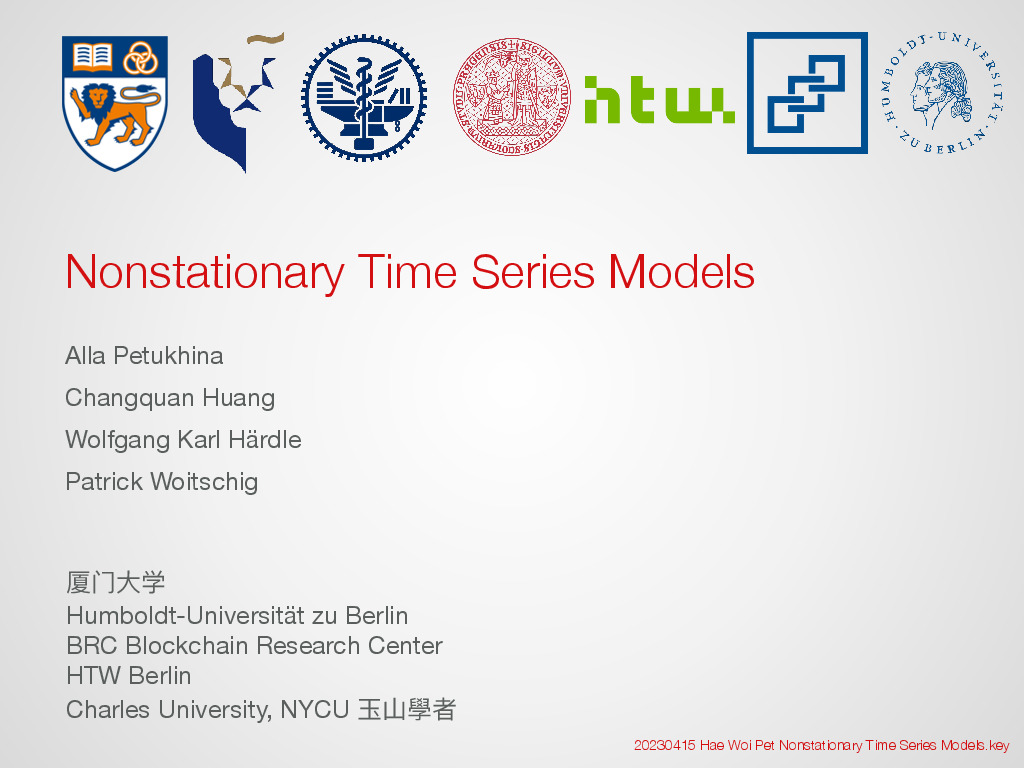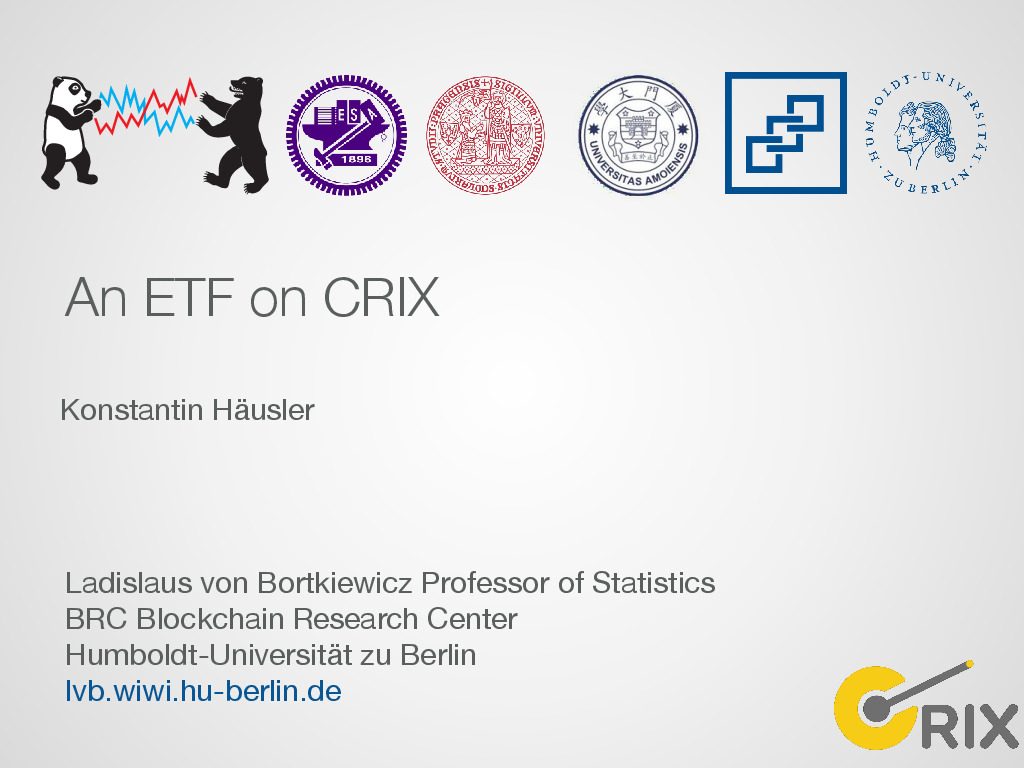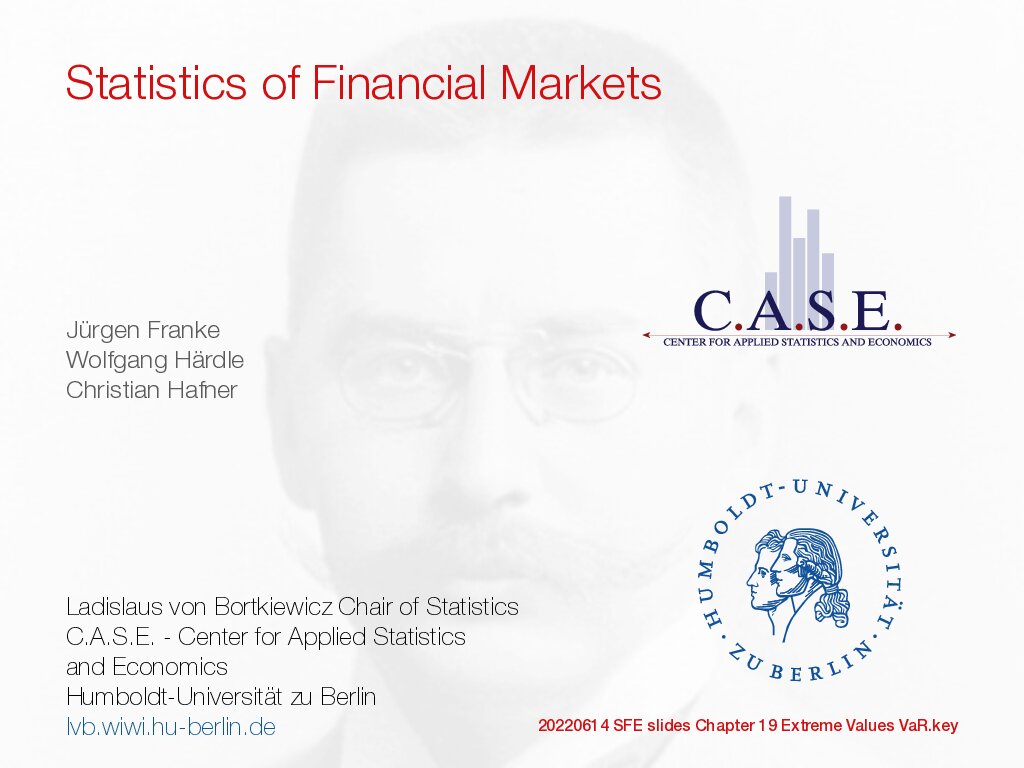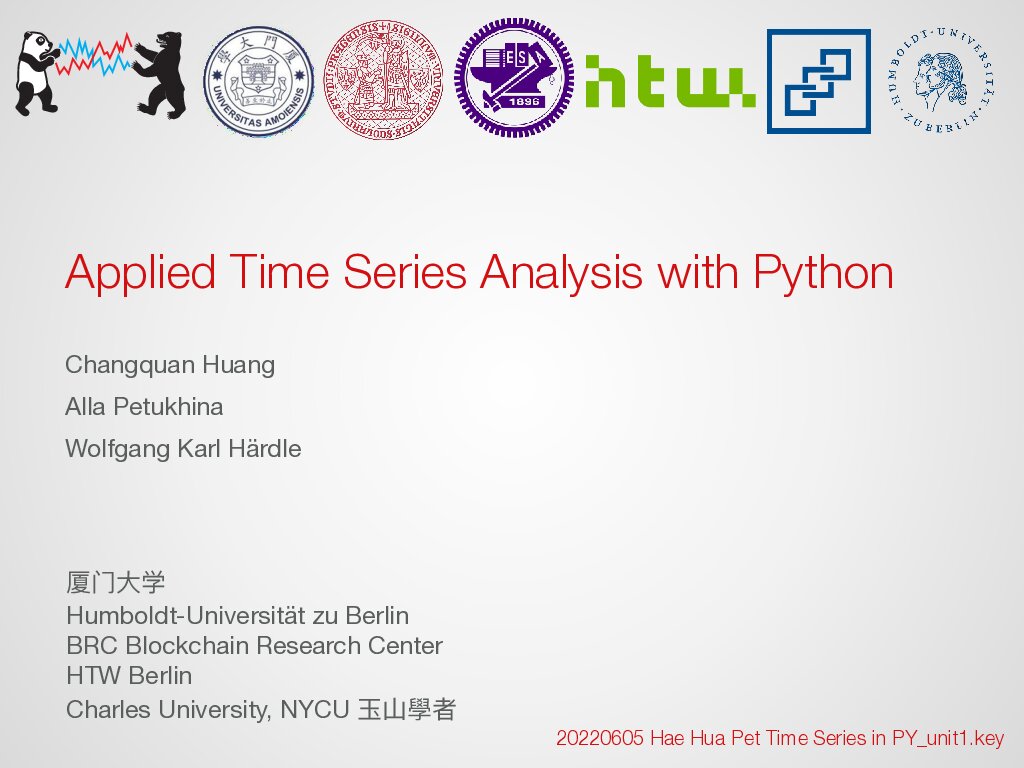Introduction to XAI for Business
-
- 0 Rating
- 0 Reviews
- 7 Students Enrolled
Introduction to XAI for Business
Short-course taught at the ASE 2023 Summer School.
-
- 0 Rating
- 0 Reviews
- 7 Students Enrolled
Requirements
- Basic understanding of descriptive statistics and multivariate analysis is helpful.
General Overview
Description
Students gain an overview of the field of explainable XAI. We motivate the need for an explanation of AI models and introduce some business use cases.
The next chapter offers an overview of machine learning (ML), particularly supervised machine learning, to illustrate what is meant to be understandable versus opaque ML models.
Subsequently, we give an overview of approaches in the field of XAI including global and local explanation methods such as surrogate models, permutation-based feature importance, and partial dependency analysis. Introduction of the SHAP framework for local explanation, and generalizations to global explanations are the core part of the section.
The accompanying Jupyter notebook walks students to some coding examples on how to use SHAP for explaining XGB-based regression models for house price prediction. To that end, we consider the well-known California Housing data set. Next, students are tasked to repeat the analysis for a classification model, which estimates credit risk scores for retail clients.
Recommended for you
Meet the instructors !
Stefan received a PhD from the University of Hamburg in 2007, where he also completed his habilitation on decision analysis and support using ensemble forecasting models in 2012. He then joined the Humboldt-University of Berlin in 2014, where he heads the Chair of Information Systems at the School of Business and Economics. He serves as an associate editor for the International Journal of Business Analytics, Digital Finance, and the International Journal of Forecasting, and as department editor of Business and Information System Engineering (BISE). Stefan has secured substantial amounts of research funding and published several papers in leading international journals and conferences. His research concerns the support of managerial decision-making using quantitative empirical methods. He specializes in applications of (deep) machine learning techniques in the broad scope of marketing and risk analytics. Stefan actively participates in knowledge transfer and consulting projects with industry partners; from start-up companies to global players and not-for-profit organizations.





